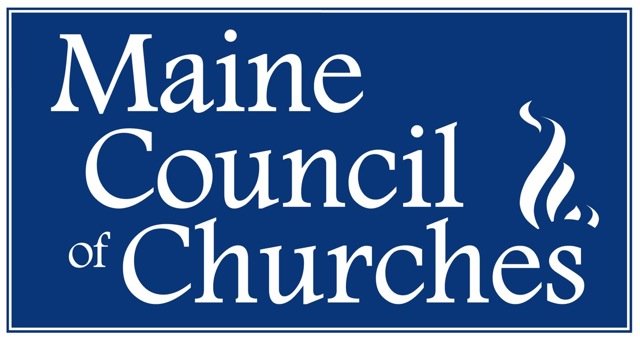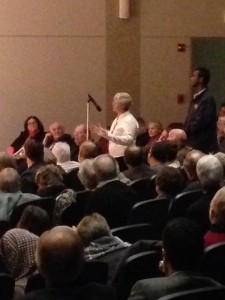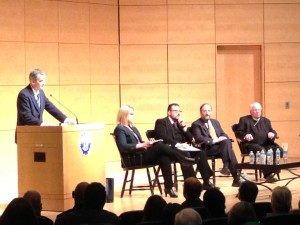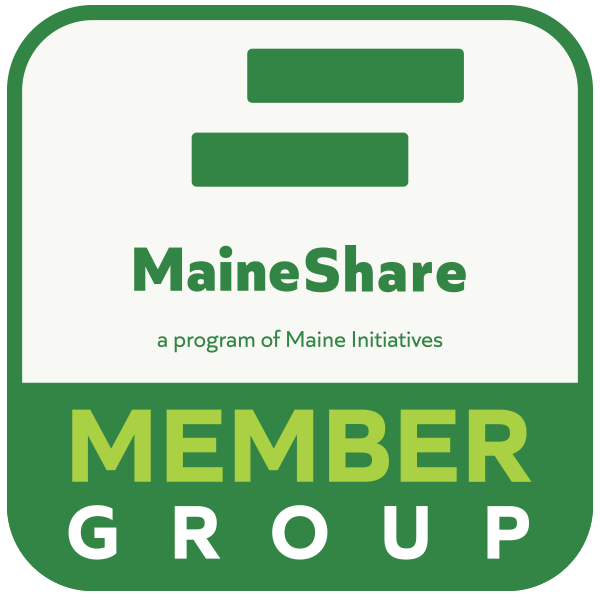Interreligious Dialogue in a Time of Conflict
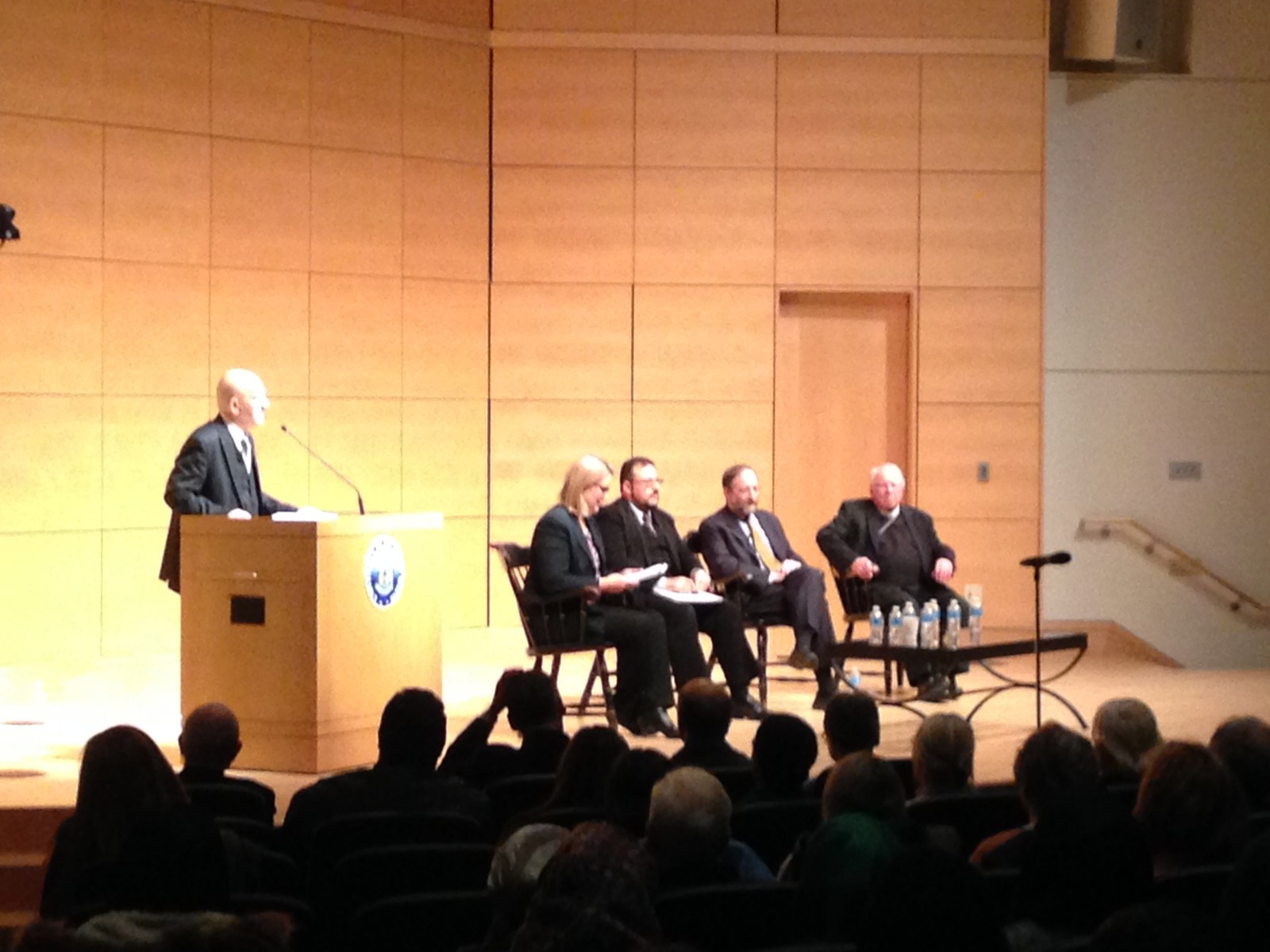
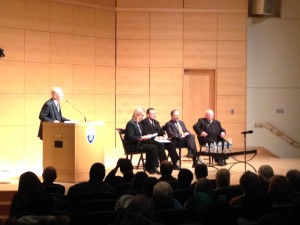
Reza Jalali, Coordinator of Multicultural Student Affairs at USM and Muslim Chaplain at Bowdoin College
On Tuesday evening, November 10, Hannaford Hall at USM’s Abromson Center was filled with a diverse crowd gathered to hear Imam Yahya Hendi, Rabbi David Sandmel, and Bishop Arthur Kennedy commemorate the fifty-year anniversary of the 1965 Vatican II document “Nostra Aetate” (In Our Time), a groundbreaking declaration acknowledging that the beliefs and practices of other religions often reflect a ray of that Truth which illuminates all human beings. The Maine Council of Churches was a co-sponsor of the event, and Board member Father Richard Senghas, a member of the planning committee, welcomed the audience and offered words of introduction. The panelists each took time during the program to reflect on what “Nostra Aetate” had meant in their own personal faith journey, and to consider the ways in which, despite much progress over the past fifty years, there is still much work to be done in countering religious extremism, violence and hatred, and promoting interreligious peace and understanding. After those personal reflections, the panel, moderated by MPBN’s Jennifer Rooks, entered into dialogue with each other and with audience members, including MCC Board member Bonny Rodden, who asked a question about how people of faith should respond to political leaders whose intolerance and hardness of heart fan the flames of prejudice and promote neglect of our society’s most vulnerable members. Much of what the panelists had to say echoed MCC’s commitment to seeking common ground and working for the common good: “There is a deep spirituality in working together to make the world better,” said Rabbi Sandmel. “Religion is as religion does,” commented Imam Hendi. He went on to say that while dialogue is important, “our religion cannot be relevant without ‘dia-praxis’—serving the poor, feeding the hungry, housing the homeless together with people of other faith traditions. True interreligious dialogue,” he concluded, “happens when people of different faiths do three things: pray together, serve together, and learn together.”
